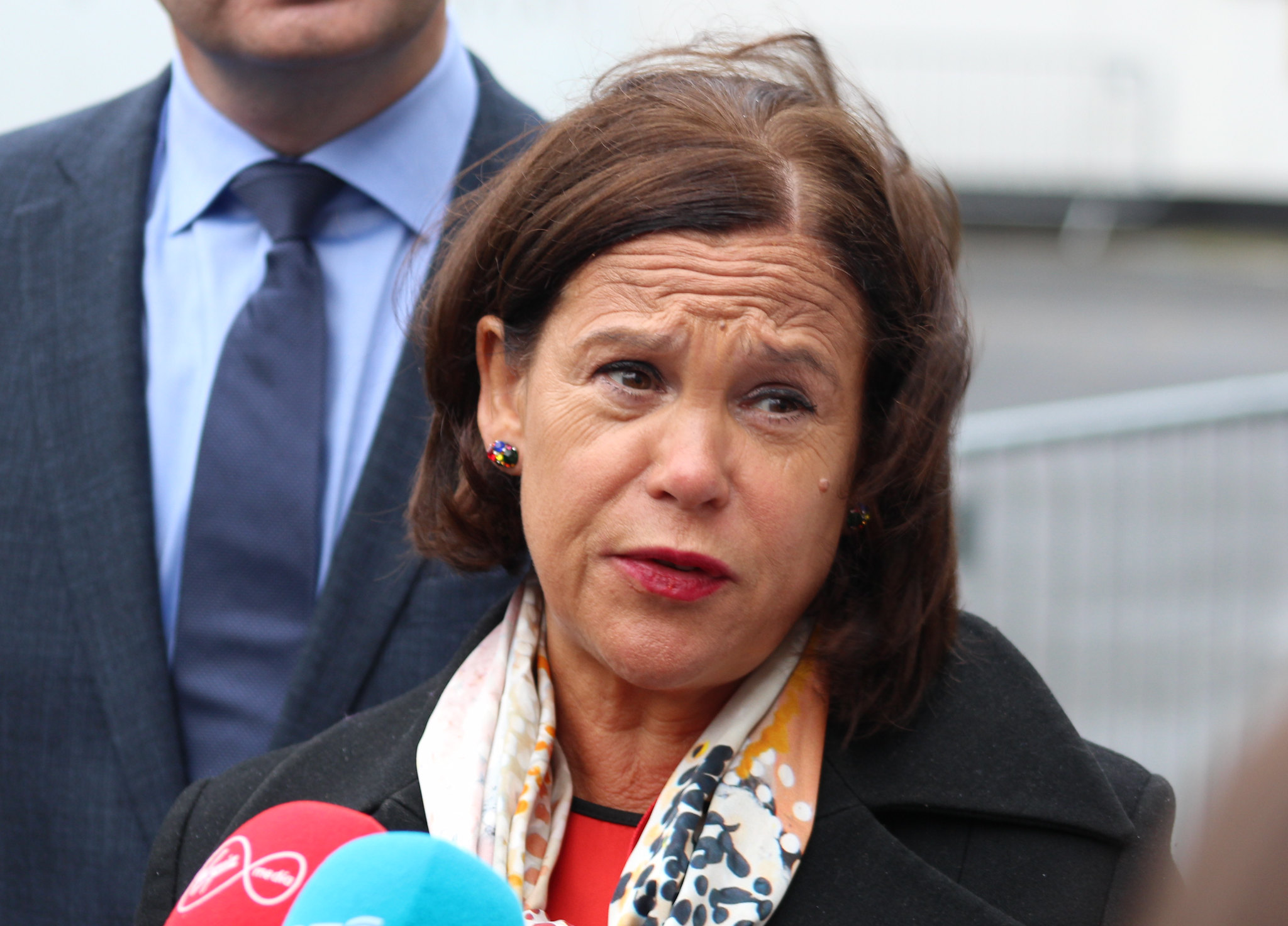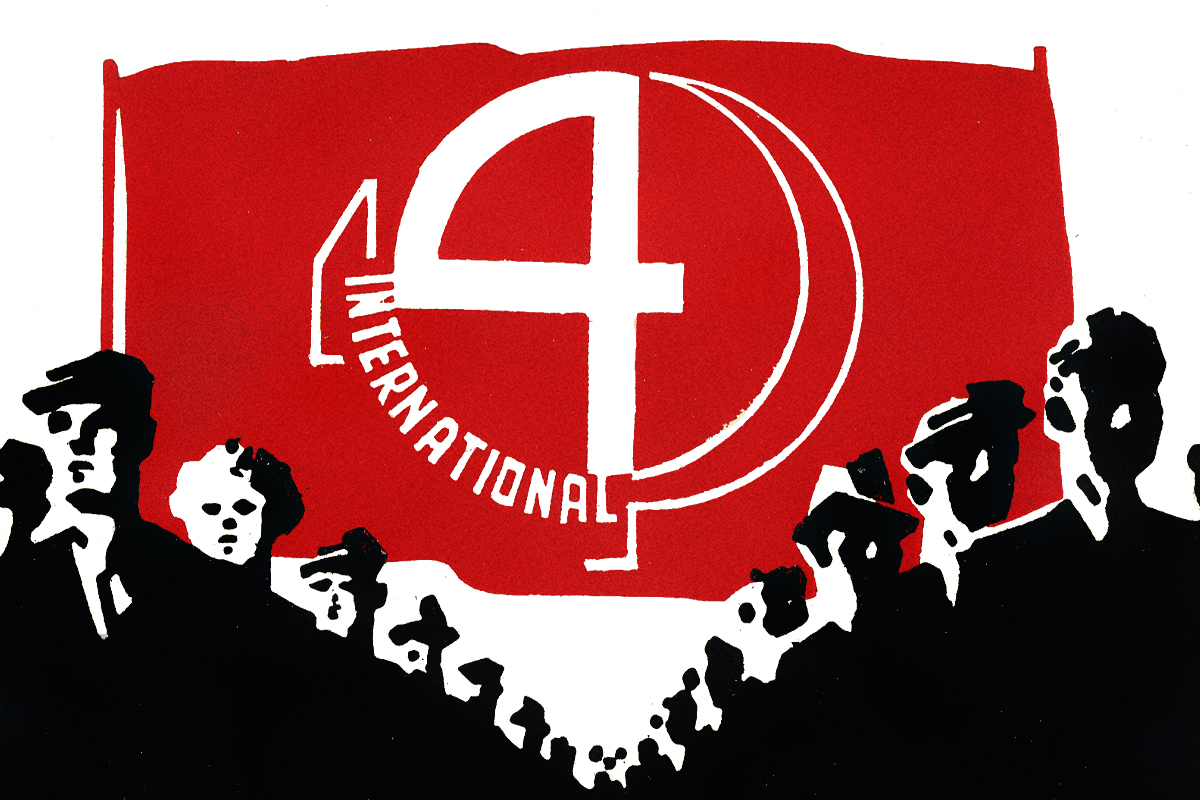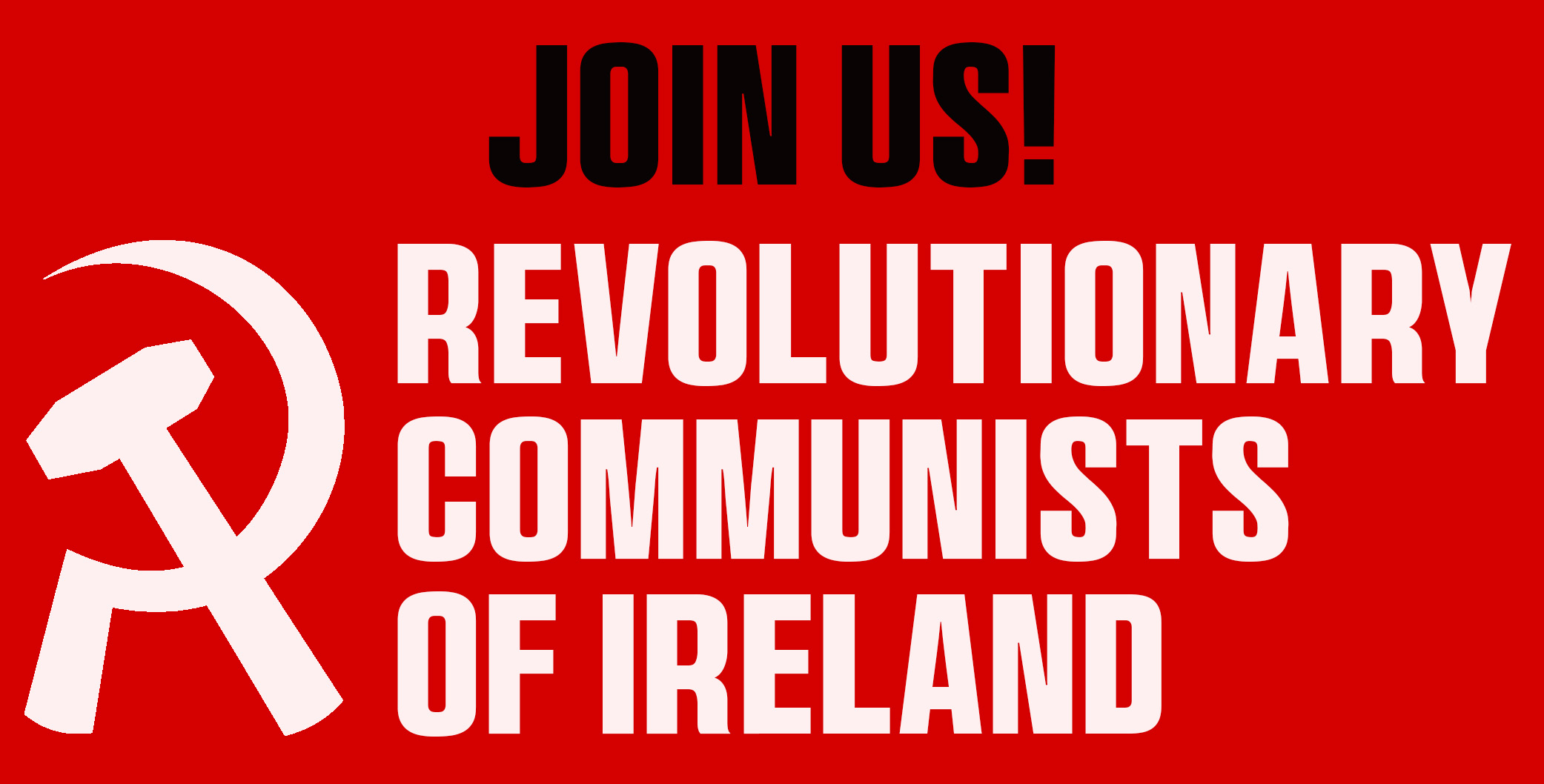With a few votes still to count the writing is already on the wall for the local and European elections. A seething anti-establishment mood runs deep through Ireland today.
On the surface, the local election results have turned out as a repetition of the 2019 ones with only independents making any substantial gains. But beneath the surface, an explosive mood against the ruling class has been building up, well captured by a quote given to the Irish Times in Moore Street: “Go away! Nobody does nothin’ for us so why would we vote for anyone?” No doubt this is the voice of hundreds of thousands.
This mood was statistically exemplified in many hard pressed working class areas in Dublin, such as Tallaght South and the inner city constituencies, where turnout was just over 30 percent. These communities have been devastated and have no illusions that these elections or the parties running in them will solve any of the myriad of crises that plague their lives.
Despite their results being not as bad as expected, it is clear there is no enthusiasm behind Fianna Fáil and Fine Gael. They held onto most of their seats only because of the lack of a genuine alternative. In the coming period, all the celebrations of Micheál Martin and Simon Harris will turn to vinegar in their mouths.
But the main story is the terrible bruising received by Sinn Féin. One can hardly believe this party was polling over 30 percent just a few months ago. In fact, they are now viewed like all the rest of them – or as put by the Irish Times “it’s almost like they have become part of the establishment by stealth.”
Of the 225 seats they were supposed to win on a “good day”, they barely managed to scrape little more than 100 (less than 12 percent of first preferences). This was not just a bad day, but a whole thunderstorm for the party. And for a clear reason: in politics, you reap what you sow.
You reap what you sow
In 2020 Sinn Féin received a massive boost in support on the back of a growing anti-establishment mood. For the first time in a century, it was not Fianna Fáil nor Fine Gael as the most voted party but Sinn Féin.
What was this support based on? Sinn Féin picked up left-wing rhetoric, talking about social housing, a national health service, and a new Ireland – clearly striking a chord with hundreds of thousands of Irish workers and youth that had been battered by 12 years of crisis, austerity and cuts.
But Mary Lou McDonald never had any prospect of breaking with capitalism, the root cause of the crisis in Ireland. In a country dominated by foreign capital, this means not only bowing down to the whims of bosses and landlords but even cosying up to the imperialists in a most disgusting manner.
As the “government in waiting”, Sinn Féin prepared themselves for power by bending over backwards to make themselves into a ‘respectable’ party. On the question of affordable housing, playing the role of loyal opposition in the Dáil, disappearing from the streets, stressing they are open for coalitions even with Fianna Fáil and Fine Gael, and even on the question of a united Ireland they have made one concession after the other. Now, they are willing to respect all identities and traditions in the North? But respecting the ‘tradition’ of Unionism, means respecting the most reactionary ideas and actions of British imperialism!
On migration they tried to square the circle, talking about hardening the rules, while trying to not alienate their leftwing basis. But the rise of immigration as an issue in the minds of workers is because of the acute crisis in housing, healthcare and infrastructure. This artificial scarcity is created by capitalism, and can’t be solved by tweaking the rules.
To be sure, Sinn Féin’s popularity had peaked quite some time ago, but since 7 October their demise has taken a qualitative leap forward. Their meekness on the war on Gaza was the final nail in the coffin for many. “If they are ready to turn their back on key questions like this even now, what are they going to do when in power?” No doubt this must have been the thought in the minds of many.
The point is that on a capitalist basis, none of the problems affecting Ireland can be solved. Sinn Féin accepts capitalism so they are forced to pander to the ruling class and the imperialists on one question after the other.
As bitterly summarised by Sinn Féin councilor John Hearne, they are trying very hard to be the “new Fianna Fáil”. But as the old maxim goes, better the devil you know than the devil you don’t.
Thus the collapse in support.
Rumblings inside the Party
Incredibly the leadership of the party closed their eyes to the impending disaster, and ran far too many candidates, thus making a bad situation worse. A bleak-faced Mary Lou McDonald promised that changes will now be made to the party’s direction.
But for the first time “discussions [about replacing her] are absolutely happening” reported a party figure that even pointed to the possibility of Pearse Doherty or Matt Carthy becoming new leaders in the runup to the general election.
The problem with Sinn Féin is not Mary Lou McDonald, but its whole political programme which at a time of unprecedented capitalist crisis cannot offer anything to workers and youth.
Eventually, you either offer “change” to the working class and fundamentally break with capitalism and the imperialists, or you submit to the latter. You can’t be everything to everyone forever.
As long as they were doing well in the polls the leadership were able to keep up this balancing act. Now, there will be growing unease from inside the party about the direction it’s heading.
No alternative!
The real winners of this election have been the independents. This for the simple reason that they present themselves as not being politicians. They aren’t a unified political force, independents on the left, right and centre all gained seats.
Incidentally, this gives the lie to the hysterical shouts of certain “lefts” about the “rise of fascism”. Far-right parties won two seats while running around 100 candidates across the country. Clearly a fascist tide is not about to overtake the country!
The point is that, lacking any revolutionary alternative, class anger is finding a distorted expression in anti-immigration sentiments across certain backwards layers of the population. But one thing is to attend a confused “protest” blaming lack of housing on asylum seekers, quite another is to get up and go voting for far-right or even fascist goons!
Anyone who cannot tell the difference between a worker who, out of misplaced concerns for the housing crisis etc., votes for an anti-immigration independent and a hardcore fascist militant clearly has no understanding of the working class whatsoever. What this election proves once and for all is that the blame for the advance of anti-immigrant rhetoric lies on the shoulders not of the backwardness of the working class, but on the failures of these same “lefts” to provide any real alternative.
The fact that workers have decisively rejected the political establishment is of the utmost significance for revolutionary communists. Lenin explained that capitalist “democracy” is the best shell for the rule of bosses and landlords because it allows workers to vent their frustrations against the system. One party takes the blame for carrying out the policy of the ruling class, then the workers can vote the guilty party out and choose another to put their hopes in – albeit with a similar outcome.
Not so much today. The workers are seeing in practice that all of the parties are complicit in this system. Successive governments have exposed Fianna Fáil, Fine Gael, Labour and the Greens.
Undoubtedly a local election is not a general election and its performance on the latter might not be so catastrophic, but Sinn Féin are increasingly appearing as a spent force as well even before joining the government.
The crisis of capitalism is intensifying. 16 years since the crashing of the “Celtic Tiger” not only have the problems not been solved, they have greatly intensified. We are about to enter one of the most unstable periods of the class struggle in Ireland since the betrayal of the Irish revolution over a century ago. Explosive outbursts are on the agenda. And increasingly, the ruling class will no longer be able to use its political apparatus as a safety valve for the swelling anger.
The apparent apathy of the working class will quickly be revealed for what it really is, seething anger against the ruling class and an unbreakable will to transform society.




